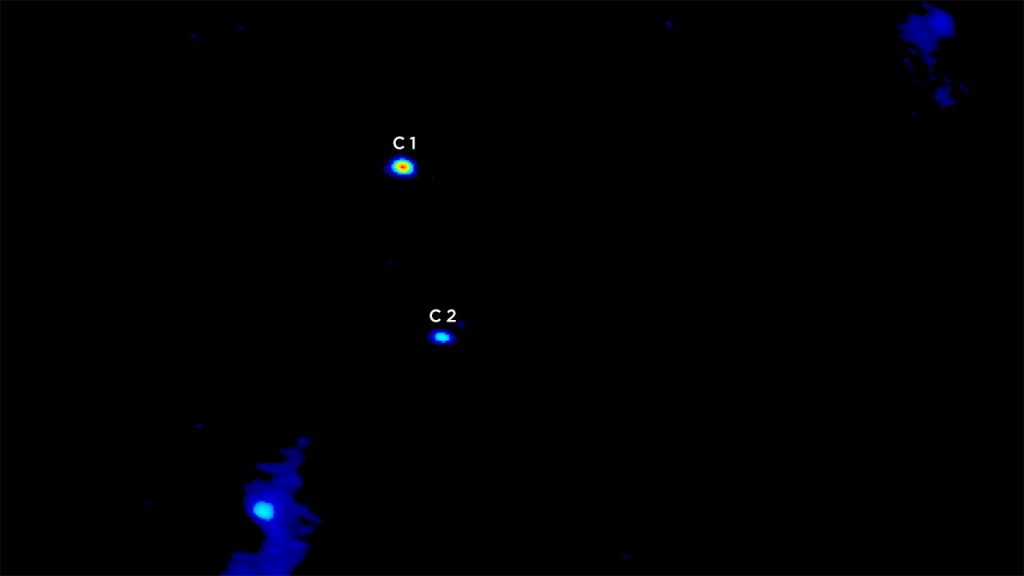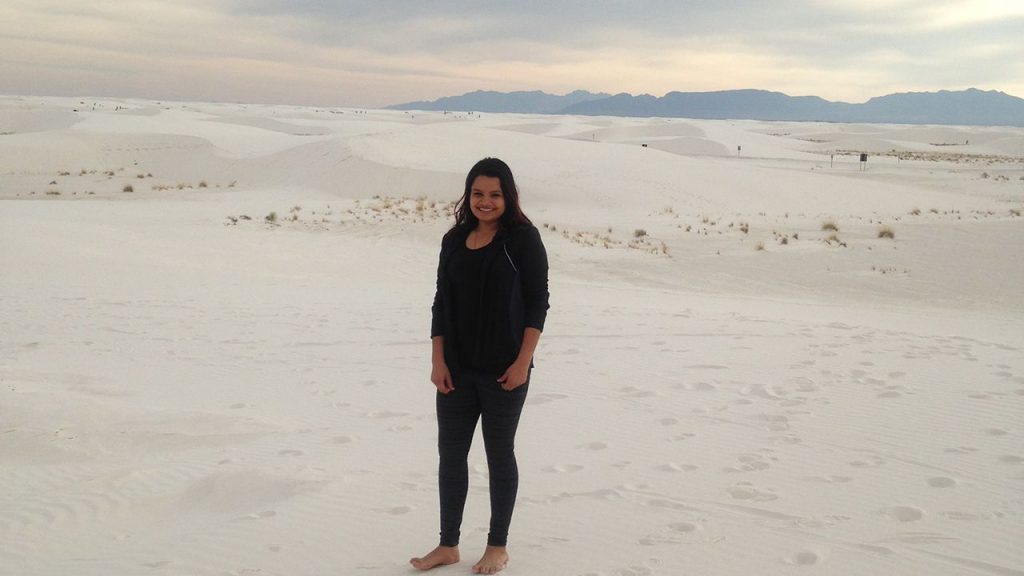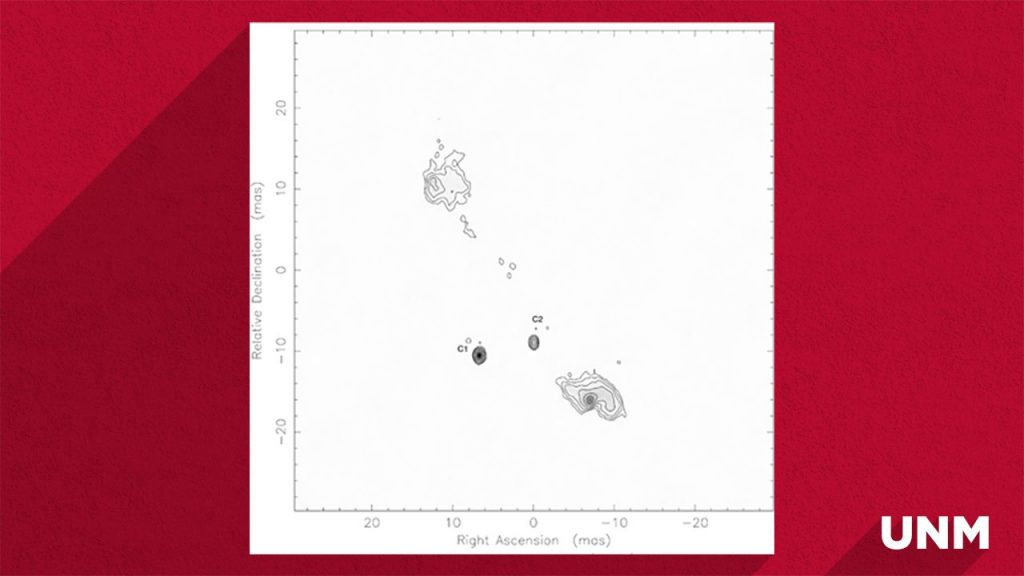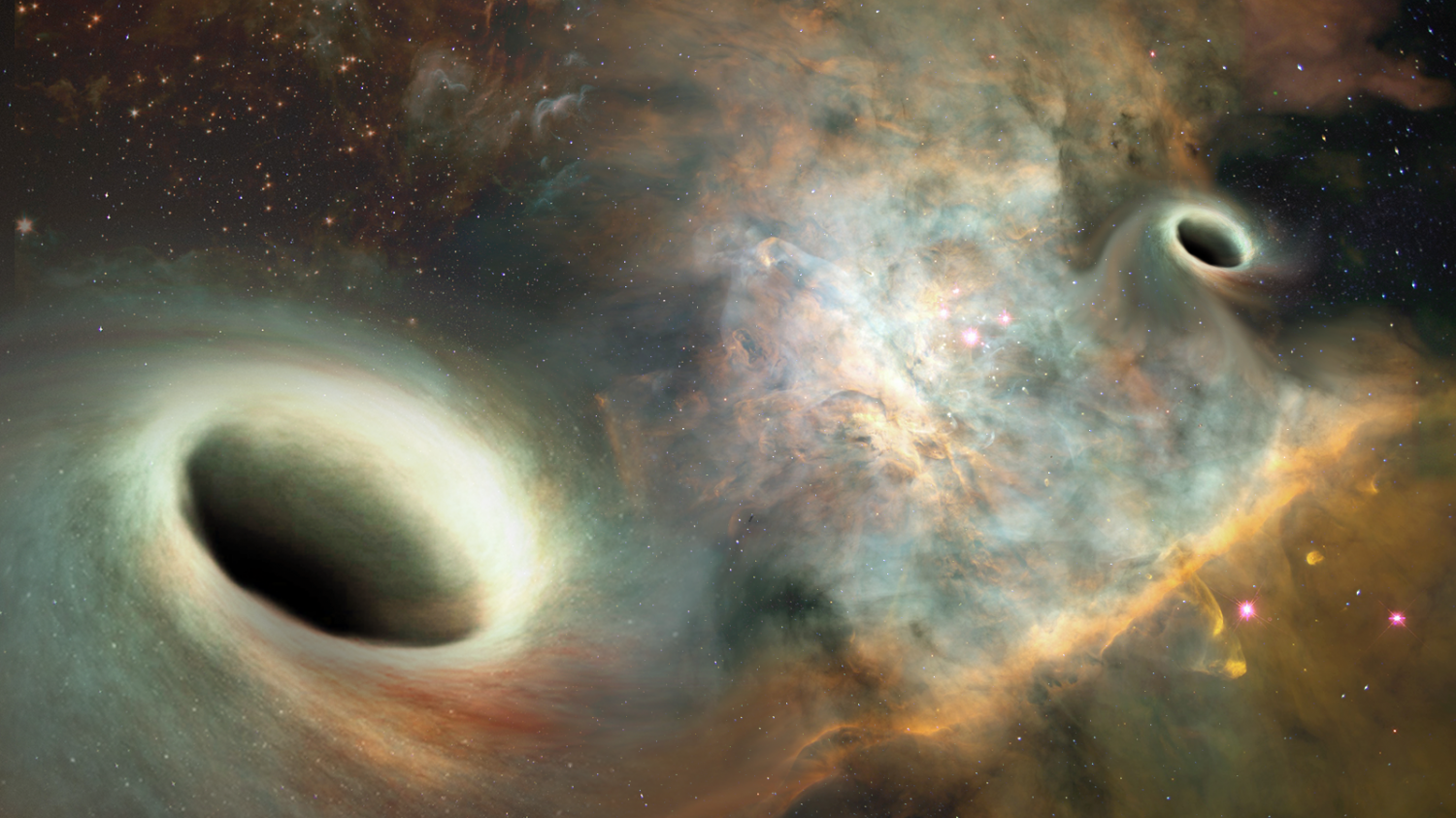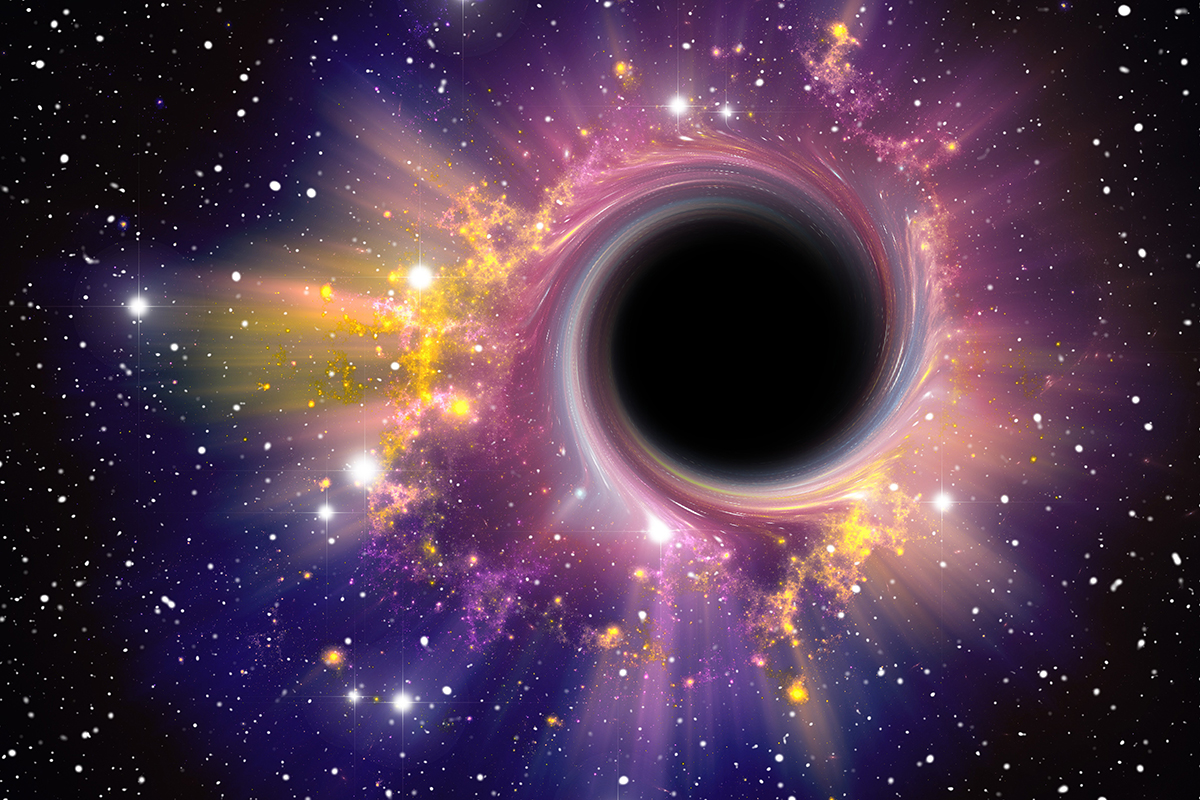Black holes are fascinating objects. Right from coining of the term “Black Hole” in year 1971 and discovery of the first one in year 1976, Black Holes have been the most curious objects scientists ever analysed in our Cosmos.
We often hear that black holes have very strong gravity and nothing can escape them, not even light. So anything that a Black Hole gobbles up it gone for good.
Black holes are fascinating objects. Right from coining of the term “Black Hole” in year 1971 and discovery of the first one in year 1976, Black Holes have been the most curious objects scientists ever analysed in our Cosmos.
We often hear that black holes have very strong gravity and nothing can escape them, not even light. So anything that a Black Hole gobbles up is gone for good.
Scientists have also been mooting possible outcomes of entry into Black Hole. Since we have not directly seen a Black Hole yet (Indirect observations have been made for many Black Holes), it is not possible to know what happens to the matter that enters a Black Hole.
An interesting question arises here: What if one of us tries to enter a Black Hole? Although practically almost impossible, this in itself gives rise to interesting possibilities!
Scientists have proposed some hypothesis over this.
1. Black Hole tears everything apart and eats it up
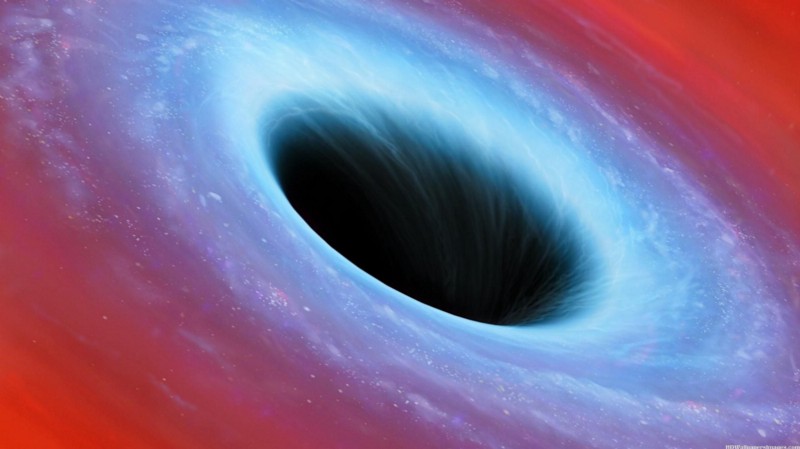
Due to huge gravity, any object coming near a black hole is torn apart to pieces. So if you dare to go near a black hole, you will be sucked dead before you realise something happened.
2. Black hole stores all matter’s information on its even horizon
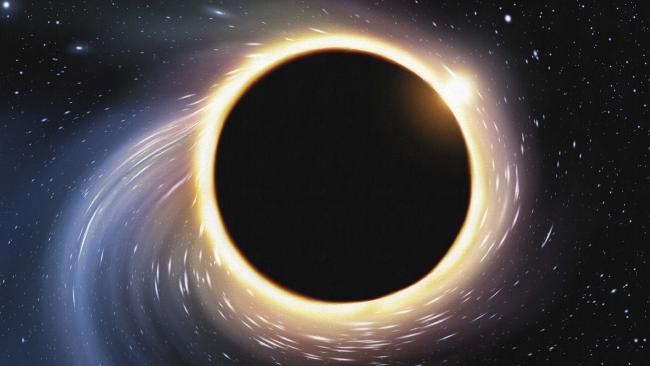
This is an interesting hypothesis. IN August 2015, world’s most renowned space scientist and physicist Stephen Hawking proposed that “The information is stored not in the interior of the black hole as one might expect, but on its boundary, the event horizon“.
So if you are lucky enough to reach near a black hole, your existence will be lost and your information will be stored on event Horizon.
3. Other side of Black Hole – A White Hole

According to this theory, the other end of a Black Hole is a White Hole. This White Hole gives birth to a new universe, where it spits out all matter sucked from parent universe. It means even if dead, you will enter a new universe if you enter a Black Hole.
4. A Fascinating world
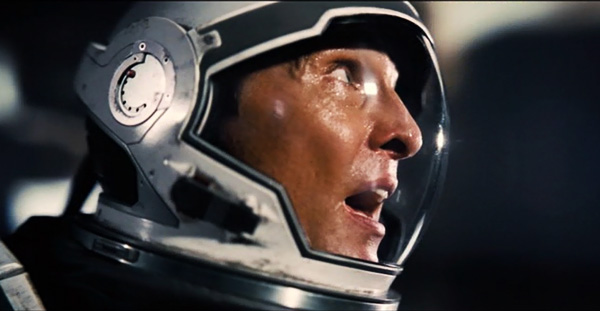
If you have watched Christopher Nolan directed feature film “Interstellar”, you are familiar with this. This theory suggests that you can very well enter a Black Hole, if you have a durable protective shield. Once inside, you may find strange things like intermingling of dimensions, where you are able to interact with five dimensions at the same time.
So, looking at these hypothesis, one thing looks certain: You will probably not live to tell what happens inside a black hole. Hold on. Did you say it is still worth giving a try?
